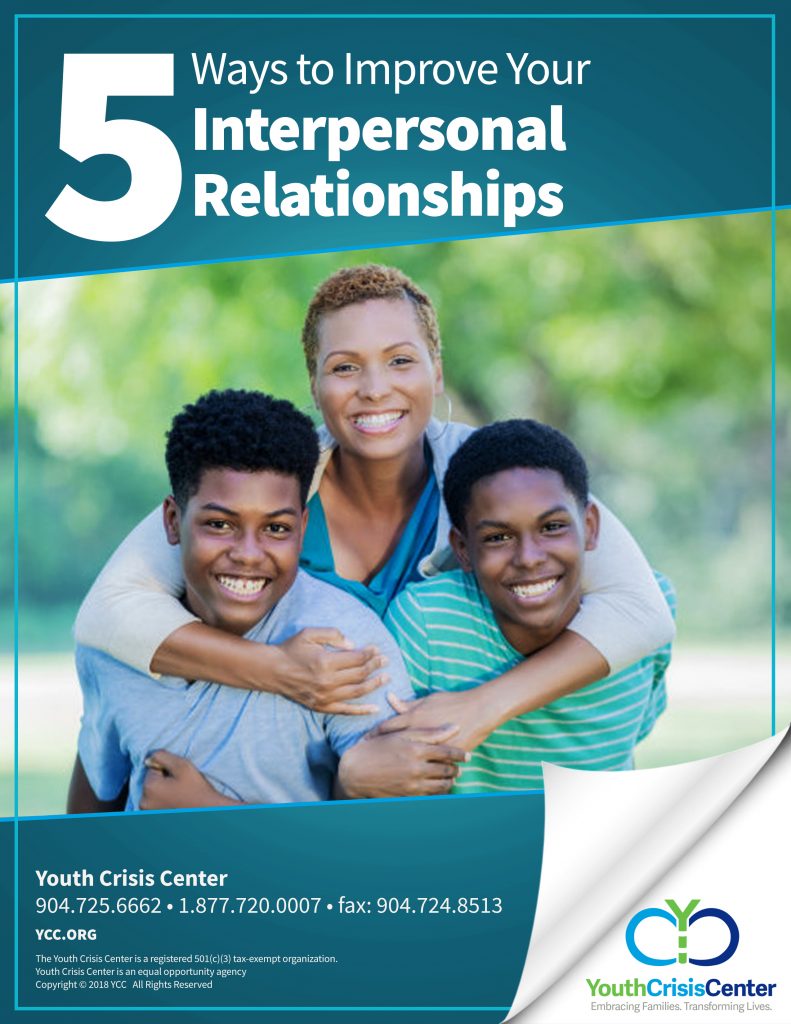Be a Peacemaker in a Conflict-Filled World
People complain about the evening news; it’s all bad news, there’s too much violence and it makes them feel helpless. It’s easy to see why. According to the Peace Alliance, 1.6 million deaths worldwide every year are the result of violence. It is one of the leading causes of death in every part of the world for people ages 15-44. These grim statistics also extend beyond the human cost. On average, the price tag for police, justice, corrections and the impact on productivity for homicide and robbery is $3,257 for each U.S. taxpayer, or $460 billion for the United States economy.
Violence Is Preventable, Not Inevitable
There are plenty of education and self-defense classes to learn how to avoid being a victim, or what to do to fend off an attack, but the safest and most cost-effective approach is to prevent violence from happening in the first place. That may seem like a naïve wish, but there is growing evidence, according to The Prevent Institute (), that violence is “preventable, not inevitable”. Preventing violence is a critical health and cost issue for individuals, families and communities.
International Day of Non-Violence
Recognizing the need for non-violence is at the heart of International Day of Non-Violence, marked each year on October 2, in honor of Indian activist Mahatma Gandhi. Gandhi led a non-violent civil disobedience movement and famously inspired non-violent movements for civil rights and freedom around the world. He is credited with saying, “Non-violence is the greatest force at the disposal of mankind. It is mightier than the mightiest weapon of destruction devised by the ingenuity of man.”
Four Steps to Control Conflict
To prevent conflict from turning violent, experts suggest four steps to employ clear, empathetic communication:
Observations – Approach a problem with the facts, not your opinion. People are more likely to find common ground over a fact versus someone’s opinion. For example, “It’s midnight and I can hear your partying is still going strong,” addresses the facts of the situation versus, “It’s way too late for you to be having such a loud party.”
Feelings – Identify your feelings without being confrontational or judgmental. For example, “Your dog is not leashed; I’m scared of dogs and it’s making me nervous.” Also, try to avoid projecting your feelings onto someone else by assuming how they may be feeling.
Needs – When our needs or the needs of others are addressed, it makes people feel heard and important. It also provides a clear understanding of what someone is asking from the other person or the situation. For example, if you want more time with your friend or partner, you can address it by saying, “I see that you have some free time tonight; I would love to catch up.” This keeps the focus on your needs without accusation that the person is not making you a priority.
Requests – For clear communication, it’s important to be transparent in what is wanted from a person or a situation. Conflict can occur when people aren’t honest, make demands or fail to provide real options. Initiate requests in a way that accommodates discussion, like, “I’m not enjoying this show; would you mind if we watched something else? We can find something we will both like.” It’s important to allow the other person to say no or propose an alternative.
Promote a Message of Peace
It’s also important to keep in mind that even if you do all of the above, you may not always get the answer you want. Practicing non-violence depends heavily on personal responsibility, taking ownership of your own feelings and letting others own theirs without judgement or hostility. Finally, take some time to encourage others to do something peaceful on International Day of Non-Violence. Meditate, pray, volunteer, or read or watch something that promotes a message of peace. Creating and maintaining peace in your household is a start, where everyone can do their part in promoting peace.
Are you concerned about relationship issues with your child or between family members? The Youth Crisis Center’s Outpatient Behavioral Health program provides comprehensive mental health and psychiatric care to children as young as 3, as well as their families. Parents may receive individual and family counseling services regardless if their child is a YCC client. Click to learn more about 5 Ways to Improve Your Interpersonal Relationships.


